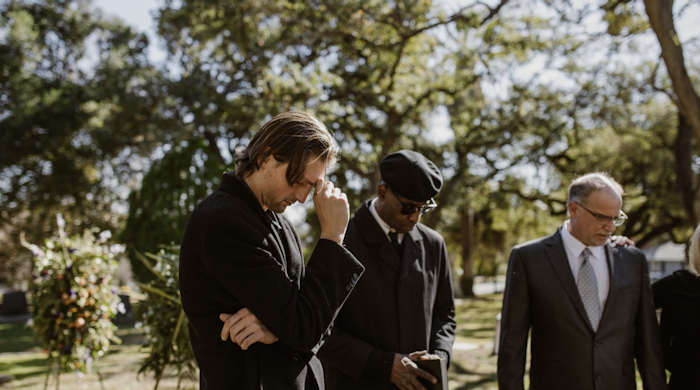
Understanding the 7 Stages of Death Grief | Healing After Loss
In order to navigate the Death Grief process, it's crucial to have an understanding of the 7 stages and the healing that can come after such a loss.

Finding Light After Loss: The Grief Recovery Method Explored
There's a quiet pain many of us carry, tucked away behind forced smiles and "I'm fine" reassurances - it's the pain of loss. No one quite knew what to say or do, so I just carried on as best I could.

How to Find Ontario Obituaries
Learn how to find Ontario obituaries. Here are tips and tricks on locating a death notice of someone who has died in the province

What Happens to Unclaimed Human Remains in Canada?
Learn what happens to unclaimed human remains in Canada, including the handling of unclaimed bodies vs unclaimed cremation ashes.

Pain Management Options During Palliative and Hospice Care
Pain management in hospice and palliative care can vary depending on individual circumstances. Learn about the pain management options available in this guide.
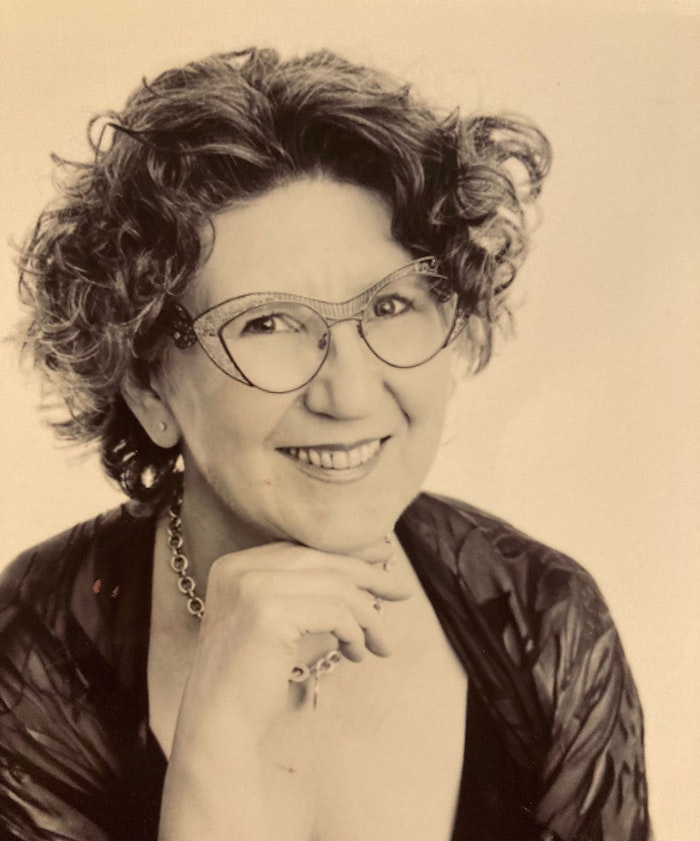
End-of-Life Doulas: A Case for a more holistic approach to end-of-life care
In this blog, we interviewed Licensed Funeral Director, End-of-Life Doula and Founder of Death’s Apprentice Christa Ovenell to obtain a better understanding of how a holistic approach to end-of-life care can be more beneficial to dying individuals and their loved ones.

Advocating for Change: Trans Inclusive Death Care
In this blog, we speak to Anton King-Rose about the importance of trans-inclusive death care. Throughout the blog, Anton dives into why trans-inclusive death care is important, and his hopes for the future of gender-inclusive death care.

What to Do When Someone Dies at Home in Canada
When a person dies at home, learn what procedures are required, including what to do if the death is expected or unexpected and what checklists should be followed.
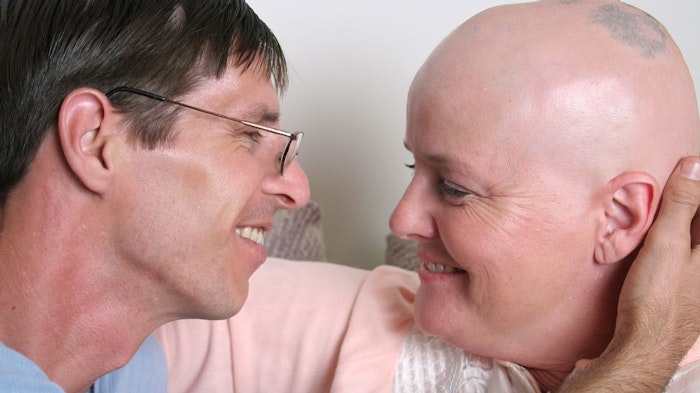
10 Ways to Support a Person Who is Dying
Learn how to support a person who is dying. We show you 10 ways you can provide care to a loved one who is in the final months, weeks or days of their life.

What to Say to Someone Who is Dying
Being with someone who is dying can be difficult to bear, and part of the burden can be not knowing what to say to them. Below we have compiled some advice and guidance to help you understand what to say to someone who is dying.
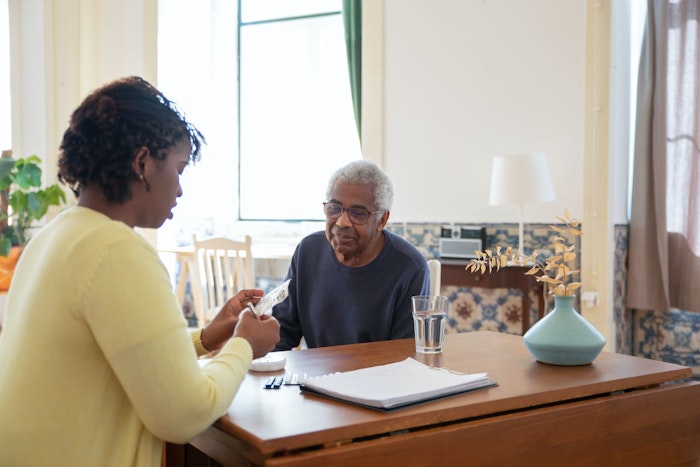
What is a Health Care Proxy or Surrogate, and Why do I Need One?
A health care proxy or surrogate can make health decisions if a person becomes incapacitated. Learn more about this role and how to choose one.

What Does it Mean to Have a Good Death?
In this blog, we ask the question "What does it mean to have a good death?" to several professionals in the end-of-life space.

The Hospice Crisis We’re Already In: Twenty Beds for 2.8M Means We Have a Real Problem
The hospice crisis we’re already in— twenty beds for 2.8M fans we have a real problem
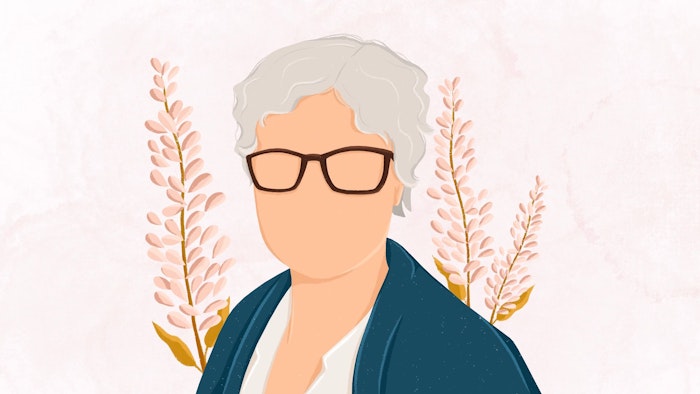
What Julie McIntyre Learned About Death During Her Time as a Physician
Julie McIntyre walks us through her journey from physician to end-of-life consultant, and shares the importance of accepting death as the final common pathway for all life.
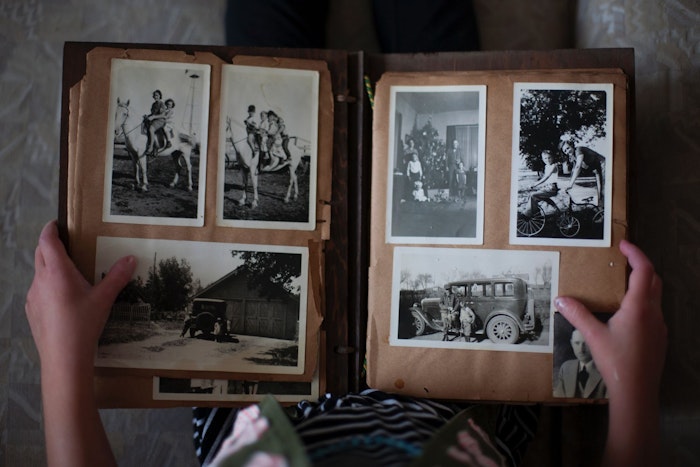
To Connect & Express: The Importance of Life Story Work with Dementia Patients
This blog focuses specifically on folks with dementia and supporting them in ways that encourage communication and storytelling.

Dying Well in Canada: Your Guides in End-of-Life Care
Today we speak with Sarah and Ruth of Wishstone, a dynamic duo that has a vision of being your compassionate partners in navigating and accessing the information, care and support you need.
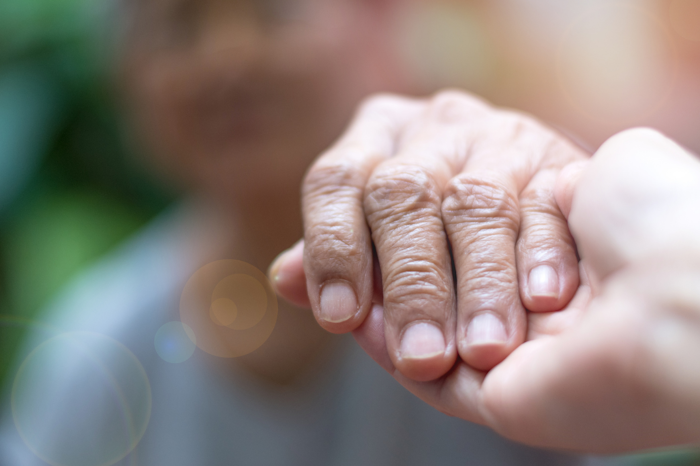
An Overview of Hospice Care: When to Consider and Where Can I Access It?
The care we receive, especially at the end of life, is critical. So today, we’re taking a deep dive into hospice care. This is of course an already difficult and emotional time and it’s our hope this piece provides a helpful overview and brings some comfort and clarity in a sea of information.

The Importance of Advance Care Planning: An Act of Love
Everything you need to know about Advance care planning in a simple blog post. Be prepared. Read more here.
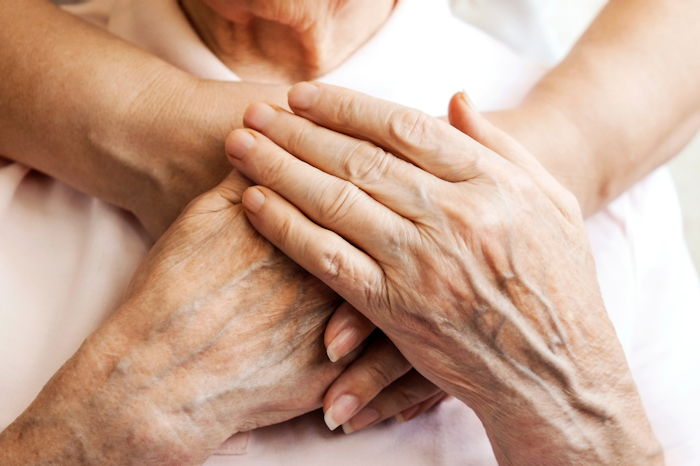
Relieving Suffering: Death And Dying During the COVID-19 Pandemic
Understanding palliative care during the age of COVID19 and what is available to you. Learn more in our robust blog post.

Joy, Imagination and Play in Children’s Palliative Care: What Is Pediatric Palliative Care?
Caring for a child with an incurable disease can be overwhelming and the grief of losing a child is a lifelong experience. While palliative care doesn’t cure the disease it will support the child (and their caregivers) to live well with the disease.

Your Life. Your Choice: What is Medical Assistance in Dying?
When you think about your death, especially if suffering is involved, what might you want it to look and feel like? Do you believe you should have personal autonomy over your end-of-life? Our blog breaks down the Canadian laws around medical assistance in dying (MAID).

What Matters Most and What Control do You Want Over Your End-of-Life Choices?
What’s most important is that you make end-of-life decisions that are right for you and your loved ones. This involves being educated and informed about your options and taking the necessary legal actions to ensure your wishes are respected and fulfilled.
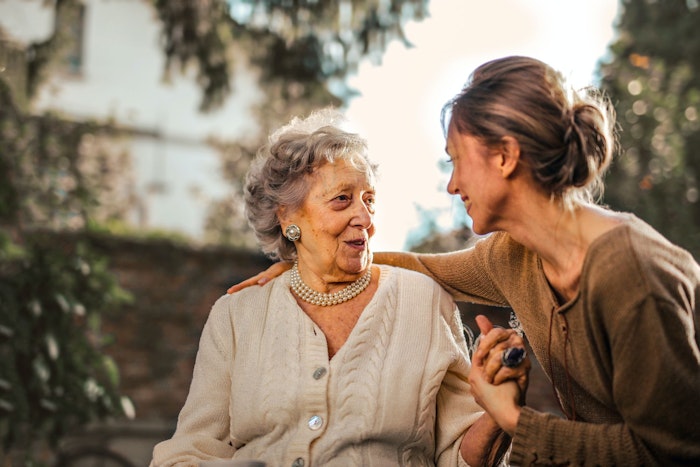
What's a Death Doula and How Can They Transform the Way We Die?
An end-of-life or death doula can support this challenging, and often ambiguous, space. They can help begin to create a type of congruence between what’s happening and what’s to come, both for the person dying and for their loved ones.

An Overview of Palliative Care: What is Palliative Care and When Should I Consider It?
Let's chat about palliative care. It’s often misunderstood but in essence. it' about comfort and living well at any stage and providing the support needed to figure out what’s the best course of action over time.
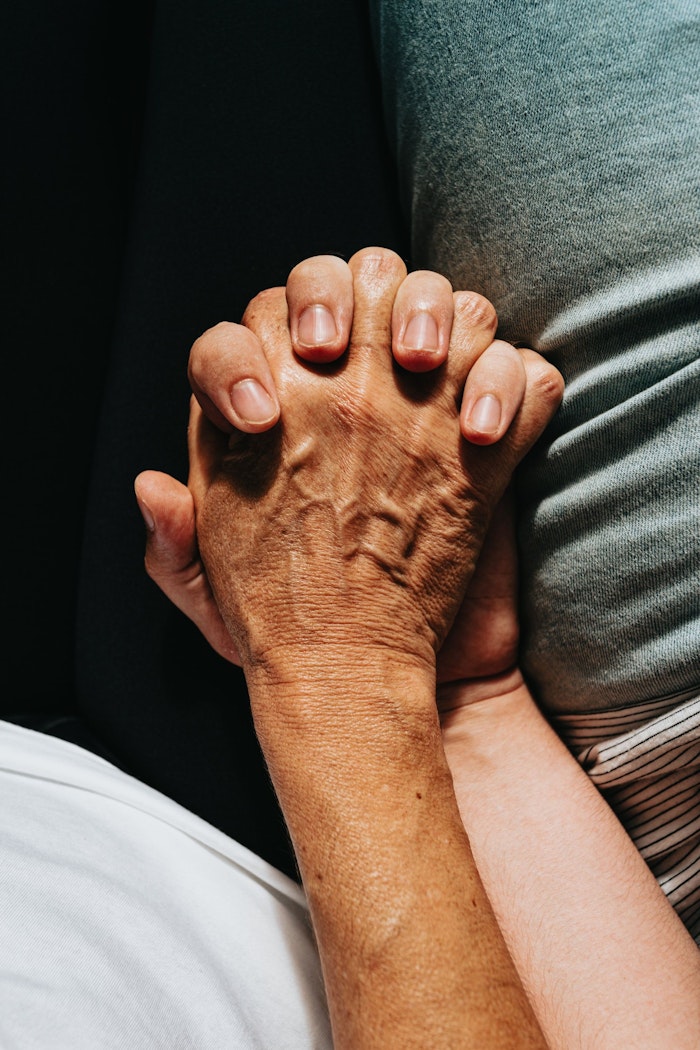
Expressing Love and Comfort to a Dying Loved One: How to Have Meaningful Discussions
When discussing the end of life with your loved one, try and focus on their specific needs. Each person needs different considerations and will be comforted by different things. Here are tips on things you can say.

Understanding Hospice vs. Palliative Care: Living Well at Any Stage of Life
It’s definitely challenging to know how to make the right decisions for end-of-life care. With approachable, compassionate, and informative content we can help make a tough situation a little bit easier. In this post we examine hospice vs palliative care.






